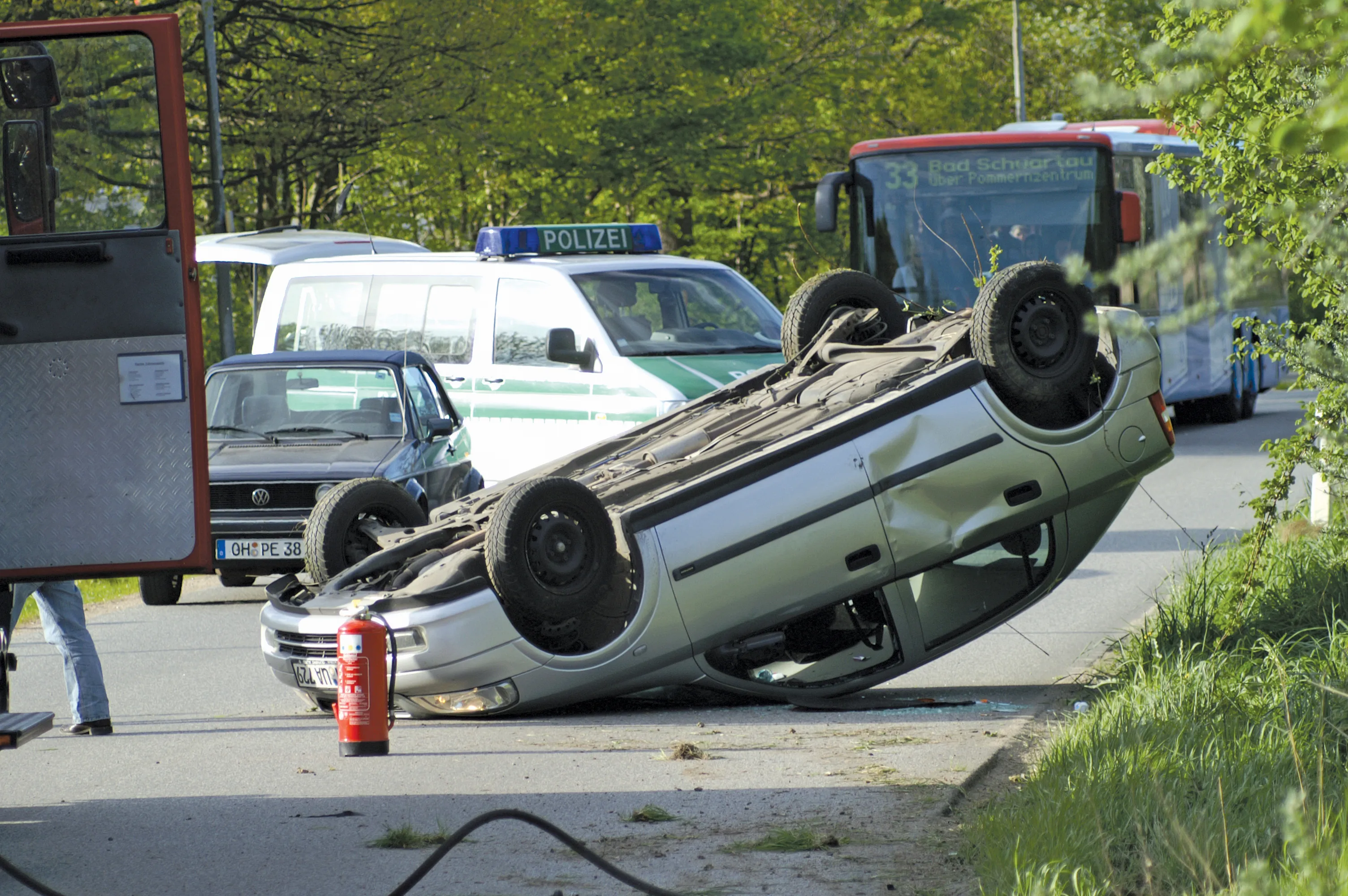
24/7 Knowledge Resources
As the road sector’s tools and procedures evolve to meet society's new needs, the availability of global knowledge resources such as those provided by IRF is now more important than ever. IRF offers complimentary access to a library of White Papers presenting the state of art in such diverse areas as talent development in the road sector, highway procurement practices, funding speed enforcement programmes and the future of road user charging. Scientific proceedings of all IRF conferences held since 2013 are available for download and the best papers have been compiled into 14 volumes of the IRF Examiner, representing the state-of-the-art in road design and management applied research. IRF has also compiled a repository of freely available statistical data on road mobility and infrastructure.
The Industry’s most extensive library of webinars
IRF e-Learning Webinars offer an excellent overview of the international state of the art and regulatory environment across a range of road and transportation topics. They also provide an introduction to the discussion topics and coursework covered in IRF’s program of traditional courses. Held monthly since 2014, IRF’s collection of more than 60 on-demand webinars currently covers all major transportation topics, from bridge deck scanning to leveraging artificial intelligence for road operations. IRF members in good standing have unlimited access to the library and may suggest new webinar topics. Other organisations may make a one-time purchase to gain access to this valuable resource.
New Online Credentials
During the 3rd Global Ministry Road Safety Conference in Stockholm, IRF unveiled an initiative to expand its program of professional credentials. Beginning in April 2020, IRF is launching a Safe Roads by Design Professional Credential, designed as a companion initiative to the IRF Global Road Safety Audit Team Leader Credential, in operation since 2017. Available exclusively online, the new Credential offers a pathway for individuals seeking recognition of their knowledge and experience of safe road design and management practices. Applicants will have access to a range of knowledge resources, including preparation videos, before sitting a virtual exam. A more advanced module, to be launched later in the year, will invite successful applicants to prepare a road safety improvement project and present it to a jury of internal subject matter experts.
IRF president & CEO C Patrick Sankey noted, “The health and safety of everyone is our highest priority. Given the unprecedented circumstances, we are taking the necessary measures to adapt our program and continue delivering value to our members and the wider road community. Looking beyond the current circumstances, IRF Global remains fully committed to its role as the world's leading advocate for the road sector. Our sector is the backbone of world economies, and we will continue working with our members and partners to ensure governments around the world are making the needed investments in road and transport infrastructure that stimulate the economy, save lives, and enhance connectivity.”








